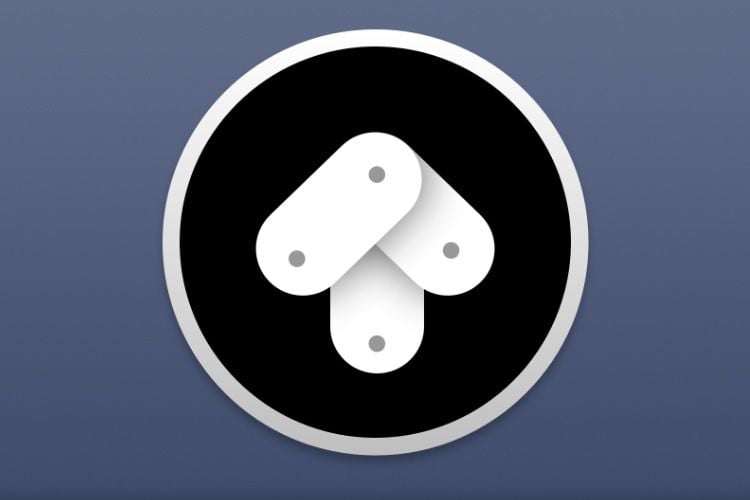

As we can see, the two browsers heat up the computer almost to the exact same level – Safari even getting slightly warmer.
#FLOTATO PRO PRO#
This is something that Flotato also points out that both browsers heat up the MacBook Pro at the same levels, with Safari heating it more than Chrome, despite the former allegedly showing lower resource usage.Īnd then there’s this chart. When you do the same in Chrome, you rarely see any slowdowns because Chrome uses a lot more resources than Safari and stays fast and responsive.

You start getting tab reloads and crashes at one point in Safari. It is true that Safari is more tightly integrated within macOS and is lighter on memory compared to other browsers, but it comes at the cost of performance, specially when you open multiple JavaScript heavy websites. Whatever the scenario might be, it is completely unrealistic to believe that Safari uses such little RAM. I suspect psrecord doesn’t catch Safari processes because Safari sends them off to launchd because they get launched via XPC, while Chrome’s subprocesses are “true” children. This can be tested easily by opening the same website on both browsers one-by-one, and noticing how it impacts available RAM.Īnother commentator on Hacker News mentioned that psrecord likely does not measure Safari child processes as the browser send them off to launchd. So while it is a known fact that Chrome uses more RAM than Safari, it is entirely inaccurate to claim that it uses 10X more RAM than Safari.

I’m somewhat disappointed that the author, or half the comments on the post, didn’t question these wildly different results though… I guess it does for Chrome, for whatever reason. To the author’s credit, they are trying to include child processes – I’m not sure why, but psrecord seems to not (in local testing) include child processes for Safari even when the “–include-children” flag is passed. This post is unfortunately nonsense, because it’s making a fundamental measurement error: not including renderer processes for Safari, and only measuring the browser process (which should be expected to be roughly O(1) memory in the number of tabs). As per a developer from Chrome V8 JavaScript engine team on Hacker News: However, psrecord, the tool used to count the RAM usage, does not count all Safari processes. As there are no extensions in either browser, there is no concern about additional RAM usage by them. This includes not only the main browser process, but also processes created for each tab, and the renderer processes. The test does by Flotato aims to count all processes originating from both Safari and Chrome. Safari tends to hang and crash a lot when loading heavy websites while Chrome can handle any number of heavy websites.Buy ESR matte case for iPad Air 5, iPad Air 4 and save 21% - Deal Safari might be more efficient than Chrome but the experience of browsing the web is far better in the latter. Apple also made some major improvements to Safari in Big Sur which improved the page load times of frequently visited websites by 50%. It is due to the lightweight nature of Safari that Macs are able to offer longer battery life than Chrome while browsing the web and streaming content. This does mean that Safari’s RAM usage will be higher than what the developer notes.ĭespite the inaccurate readings though, there’s no denying that Safari is more resource-efficient than Chrome. Additionally, the developer noticed that his MacBook Pro got hotter running Safari than Chrome showing that there are other child processes of Safari which are unaccounted for. To be fair to Chrome, it is notably faster than Safari in web browsing. In a 54-tab stress test, Morten noted that Chrome consumed an additional 290MB of RAM every time a new tab was opened while Safari consumed just 12MB. Just for comparison, the developer’s own Flotato app consumed 63MB RAM with the same two tabs open. With just two tabs open, Chrome was taking 730MB of RAM while Safari was 10x more efficient and consumed just 73MB RAM. For testing, he installed macOS Big Sur on a virtual machine and then ran Chrome with two tabs open - Twitter and Gmail - and no extensions running in the background. But how much exactly is the difference between Chrome and Safari in terms of RAM usage?Ī comparison by Morten Just, the developer of Flotato, shows that Chrome takes up 10x more RAM than Safari on average. team has made multiple improvements to the browser over the years to reduce its RAM and resource usage but it still remains one of the heaviest browsers around. Chrome is known to hog RAM irrespective of which platform you use it on.


 0 kommentar(er)
0 kommentar(er)
